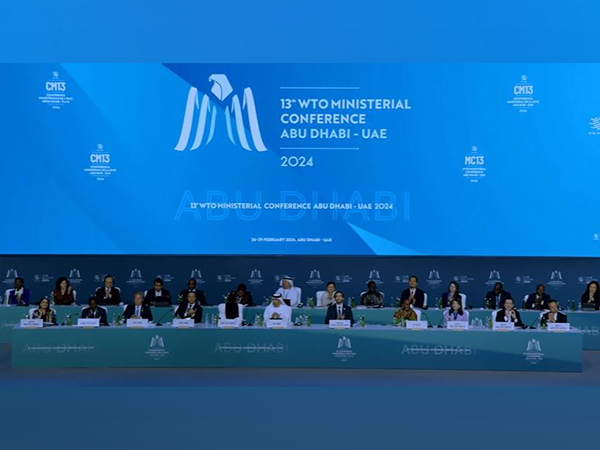By: Vinod Kumar
Trade ministers from around the world are facing crucial talks over the next few days as the World Trade Organization’s (WTO) 13th Ministerial Conference continues in Abu Dhabi. The conference, which began on Monday and is scheduled to run until Thursday, has fisheries and agriculture at the forefront of discussions today, with expectations of tough negotiations.
A key focus of the conference is regulating fisheries subsidies that contribute to overfishing and excessive fishing capacity. Reaching a new global agreement on this issue is seen as a crucial step towards sustainable fishing practices. However, achieving full consensus among all 164 WTO member states, a requirement for major breakthroughs, remains a challenge.
Progress is expected for an agreement on fisheries subsidies. This follows a 2022 deal that banned harmful subsidies contributing to illegal, unreported, and unregulated (IUU) fishing. The current goal is to build upon this progress by addressing subsidies that fuel overfishing and fleet overcapacity. Eight countries have already formally accepted the 2022 agreement on the first day of the 13th Ministerial Conference, a promising sign for its implementation. This agreement prohibits support for harmful fishing practices and is a significant step towards ocean sustainability.
India’s advocates the principle of “common but differentiated responsibilities” (CBDR) and respective capabilities. This translates to a proposed 25-year transition period for developing countries to adapt to new regulations, addressing their specific concerns related to livelihoods and food security for fishermen. India also pushes for stronger commitments to sustainable fishing practices alongside this transition period.














